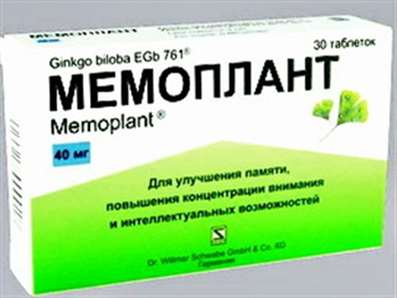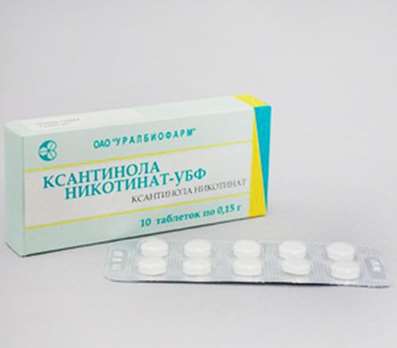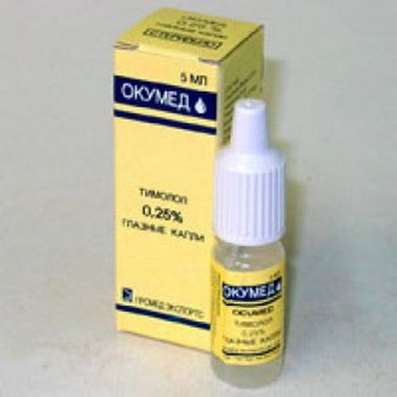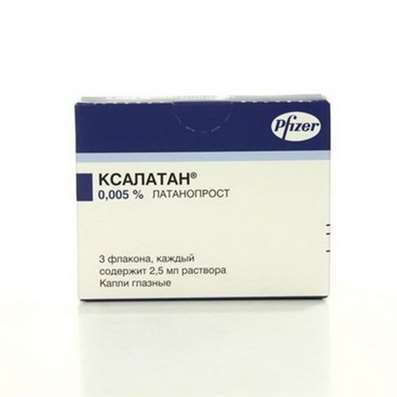What is Meldonium?
20 May 2016
Meldonium or Mildronate, which acknowleged star of world tennis Maria Sharapova, since the beginning of this year was banned by the World Anti-Doping Agency (WADA). This drug is widely distributed in Russia and several neighboring countries, where it is used not only by athletes.
Mildronats produced in Latvia, where it was developed in 1975, when the country was still part of the Soviet Union. The drug in large quantities are exported to Russia, Ukraine and some others, mostly former Soviet Countries, despite the fact that its clinical efficacy of many experts questioned.
Let's try to summarize what is known about this drug today.
"Mildronate is Essential Medicines"
Meldonium manufacturer under the brand name "Mildronate" Latvian company Grindeks. According to information on the company's website, the drug is registered or recorded in almost all former Soviet republics except Estonia and Turkmenistan, as well as in Bulgaria, Turkey, China and Vietnam. In Western countries, it is not licensed.
In December 2014, Prime Minister of Russia Dmitry Medvedev signed a decree ¹2782-p in which Meldonium appears in the list of "vital and essential drugs." There he classified as "other drugs for the treatment of heart disease." Inclusion in the list of "essential" medicines means that the government sets the maximum price at which they are dispensed in pharmacies.
Sharapova says she took mildronats because of frequent diseases identified anomalous features of the electrocardiogram, magnesium deficiency, and family history of diabetes.
In the instructions to the drug, which resonates with the classification of the Russian government, Mildronate is recommended primarily for the treatment of coronary heart disease. Also among the indications listed chronic heart failure, withdrawal syndrome in chronic alcoholism, and the least - a reduced capacity for work and physical stress, especially in athletes.
According to the manufacturer's promotional materials, "usually elevated body burden of lead to rapid loss of strength in the case of the use of body Mildronate trained to withstand the load, use oxygen efficiently and quickly restore energy reserves to prepare for new stress."
This, obviously, and attracted the attention of WADA. During 2015 Meldonium officially been under surveillance. This meant that detected in doping tests of athletes traces of the drug were not considered anti-doping rule violation, but the agency is systematically monitored the statistical regularities of its use.
According to the results of monitoring Meldonium banned from January 1, 2016. According to the WADA Code to ban the drug or method it must meet any two of the three criteria: scientific evidence of actual or potential enhance sport performance, the actual or potential threat to athlete health and / or the "definition of WADA that the substance or method harms the spirit of sport.”
Also subject matter and methods of masking the use of doping were banned.
Sharapova’s Meldonium found in the sample, which was submitted in January during the Australian Open tournament. She, her coaches and lawyers claim that she has plenty of extenuating circumstances, in particular the use of reason to interpret Meldonium as "therapeutic use", which allowed the WADA Code.
However, the same drug in the last month have already found a number of mainly Russian athletes, and on February 29 - the Swedish track and field athletes of Ethiopian origin Abeba Aregawi.
A study conducted in 2015 and influenced the change in status Meldonium revealed traces of 182 samples from the 8300 athletes urine. This is 2.2% of the entire sample.
However, only on Sunday the German ARD TV channel showed new journalistic investigation Hajo Zeppelta, which provided data for a different sample 2015: 4316 from the Russian athletes tested Meldonium found at 724 - it is 17%.
The creator of mildronats, Latvian chemist Ivar Kalvins does not consider Meldonium as doping.
Unsportsmanlike application
Russian medical forums abound with evidence that cardiologists in Russia mildronats were prescribed to many patients.
At the same time, experts say that Mildronate efficiency is not confirmed by reliable clinical trials. The studies were based on small samples and it does not give unambiguous results.

 Cart
Cart





